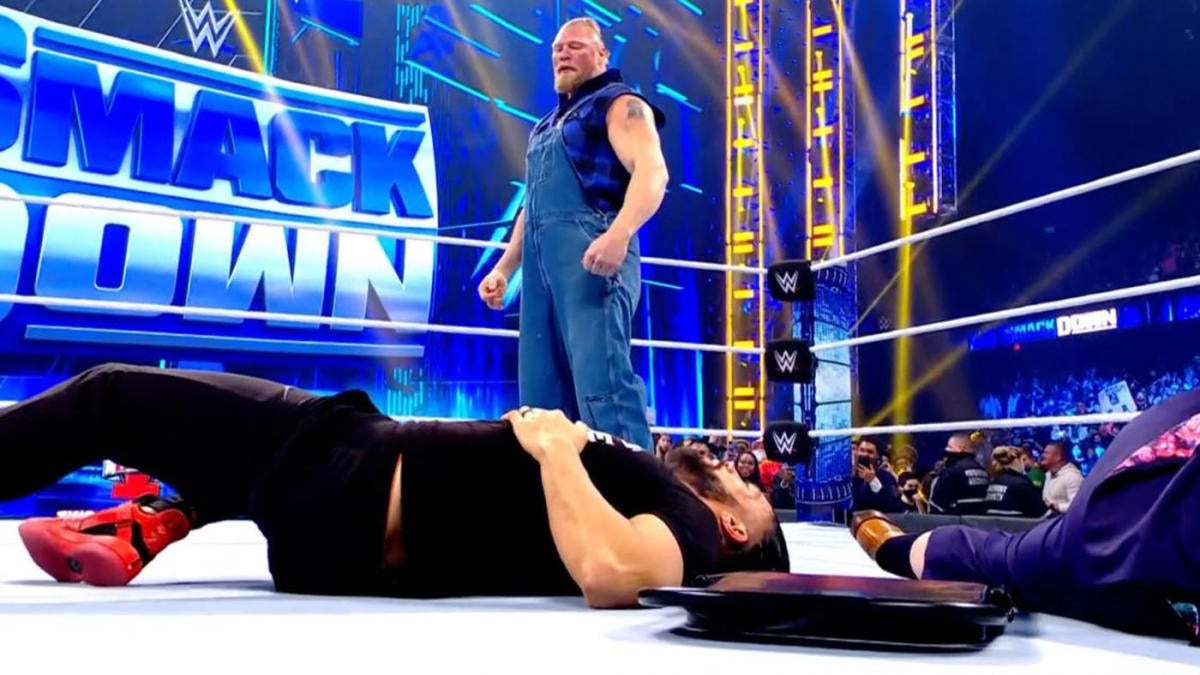Biden, Putin to talk Thursday amid heightened tensions over Ukraine
Written by ABC Audio All Rights Reserved on December 30, 2021

(WASHINGTON) — President Joe Biden will speak to Russian President Vladimir Putin on Thursday — their second conversation this month amid heightened fears of a full-scale invasion of Ukraine.
The call, which the Biden administration said comes at Putin’s request, is the latest effort to defuse those tensions diplomatically.
But tens of thousands of Russian troops remain near Ukraine’s borders, and bellicose rhetoric from Russian officials and state propaganda have Western officials on edge still.
The U.S. and European allies have threatened unprecedented economic penalties for Moscow if it attacks Ukraine, nearly eight years after its forces seized the Crimean Peninsula and sparked a war in Ukraine’s eastern provinces known as Donbas.
Sanctions and other penalties have not brought that conflict to an end, with approximately 14,000 people killed and Russian-led separatists still fighting Ukrainian forces. U.S. officials say it’s unclear if Putin has decided to attack again in an all-out invasion, but Biden has already made clear U.S. forces will not come to Kyiv’s aid on the battlefield.
Instead, the Biden administration is hoping deterrence and diplomacy will stop Putin. A senior administration official said they “cannot speak to why the Russian side has requested the call,” but added both leaders believe there is “genuine value in direct leader to leader engagement.”
“I think we are at a moment of crisis and have been for some weeks now given the Russian build-up and that it will take a high level of engagement to address this and to try to find a path of de-escalation,” the official told reporters Wednesday.
In addition to the leaders’ call, U.S. and Russian diplomats will meet on Jan. 10, the two sides confirmed Tuesday, to discuss stated security concerns on either side.
“Open lines of dialogue, open lines of diplomacy have the potential to be constructive as we seek to de-escalate the potential for conflict in and around Ukraine,” State Department spokesperson Ned Price said of the talks.
After those meetings, NATO will hold a meeting with Russia on Jan. 12, while the Organization for Security and Cooperation in Europe, a key security forum that has deployed a war monitor in eastern Ukraine, will hold a session Jan. 13.
“The Biden administration continues to engage in extensive diplomacy with our European allies and partners, consulting and coordinating on a common approach in response to Russia’s military build-up on the border with Ukraine,” Emily Horne, Biden’s National Security Council spokesperson, said in a statement.
But some European allies have called for greater involvement. The European Union “must be involved in these negotiations,” its top diplomat, Josep Borrell, told the German newspaper Die Welt.
“It’s about us. This is not simply the case for two states, i.e. America and Russia, or NATO and Russia — even if Moscow imagines it,” he added in the interview, published Wednesday.
Secretary of State Antony Blinken has said repeatedly the U.S. will not negotiate any arrangement about European security without first consulting European allies — speaking again to Ukrainian President Volodymyr Zelenskiy Wednesday, just as the two spoke before Biden and Putin’s first call this month.
He reiterated “unwavering” U.S. support for Ukraine, per Price, and “discussed efforts to peacefully resolve the conflict in eastern Ukraine and upcoming diplomatic engagements with Russia” — a nod to both Thursday’s call and the Jan. 10 meetings.
Zelenskiy tweeted that he was assured of “full” U.S. support “in countering Russian aggression.” U.S. officials have already publicly rebuked Russia’s demand heading into talks — that Ukraine be barred from NATO membership, saying the Western alliance’s military activity in former Soviet states threatens Russia.
But other items on Russia’s public demands are not “unacceptable” and could be addressed through diplomacy, Blinken, Price and others have said — provided that Russia de-escalate as well by pulling back its forces from Ukraine’s borders.
Instead, while Russian state media reported Monday that more than 10,000 were withdrawn, the senior administration official said there’s still a “significant Russian troop presence in and around the border.”
The ominous language from Russian officials has also continued. Putin himself said Sunday that he is weighing “diverse” military and technical options if Russia’s demands aren’t addressed.
Amid that heightened threat, the U.S. Embassy in Kyiv is making “emergency preparations” in case it evacuates non-emergency personnel or diplomats’ families, according to internal emails obtained by ABC News.
The embassy is seeking additional security staff to temporarily fill in next month, as the “permanent staff continue Emergency Preparations in case of Authorized or Ordered Departure” — when an embassy allows diplomats’ families and non-emergency personnel to relocate because of a threat.
A State Department spokesperson confirmed Wednesday they are “conducting normal contingency planning, as we always do, in the event the security situation severely deteriorates.” But they told ABC News they are not “currently considering evacuations of U.S. government personnel or American citizens from Ukraine.”
Earlier this month, the State Department updated its travel advisory for Ukraine to include a warning about “increased threats from Russia.” The advisory had been at the agency’s highest level, “Level 4: Do Not Travel,” for months because of the COVID-19 pandemic, but it now warns, “U.S. citizens should be aware of reports that Russia is planning for significant military action against Ukraine.”
Copyright © 2021, ABC Audio. All rights reserved.






